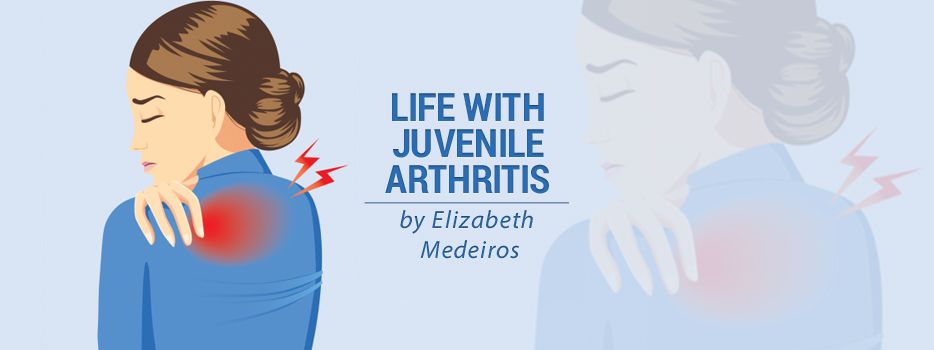There are groups for everything nowadays, especially online!
I’m a member of several Facebook groups. I provide updates to the ladies on my crocheting group and offer advice about my favorite stitches and yarn brands. I’m in a book club for young adults and participate in discussions about the monthly novel. I’m even part of quite a few support groups for young adults with arthritis and other chronic illnesses.
If you are in a support group for families affected by JA, that’s a great thing. Having others you can turn to for support is so important. But sometimes support groups can be a little scary. You may see post after post of bad experiences, or hear time and again about how a medication made someone’s child very ill.
Hearing the negative things can be a little off-putting. If your child’s doctor recommends a treatment you heard caused a certain side effect for another child, you may be tempted to reject it. Or, you may walk into it expecting the worse. I’ve scared myself off medication or expected the worst-case scenario a few times.
But something I always need to remind myself is that people turn to support groups during their time of need. When things get better, they may not be as likely to give updates or leave reviews of treatment experiences. It’s great to be a part of these groups and learn as much as we can, but at the same time, it’s essential to consider that everyone reacts to treatments differently. Your family’s experience won’t be the same as another’s.
People share bad news more often than good news
While I love my online support groups and turn to them a lot, I also bear in mind that people do not frequently go online to write neutral or even good reviews. Unless they wake up the morning after taking a new medicine and can do cartwheels, you probably won’t hear the good news unless you specifically ask. People are more likely to turn to their support groups and share when they’re not feeling good or are going through a hard time.
Reading about someone’s negative experience can be helpful, especially with knowing what side effects to look for. But remember, you are more likely to hear about the bad than the good. Just because you don’t see many positive reviews online doesn’t mean there aren’t a lot of people out there having great experiences.
Individual factors
Another thing to keep in mind is that you don’t know every detail about someone’s life. Someone may warn you to stay away from a certain medicine because they had awful side effects. But you don’t know if they were on a much higher dosage than your child or if they didn’t have the right tools to combat side effects.
If you had asked me at the time what my experience on methotrexate was, keeping in mind that I was between 13 and 15 years old, I would’ve told you it made me feel downright awful. But what you wouldn’t know is that I wasn’t given folic acid, which can help ease the side effects tremendously.
Now that I’m older (and a columnist!), when others ask about my experience, I mention that I didn’t have a great experience. But I always bring up that other people do, and there are many great ways to fight the side effects.
Ask for help!
If you still have genuine concerns, don’t hesitate to ask your child’s rheumatologist, nurse, or pharmacist. They’re there to help you! Not only can they answer questions you have about side effects, but also they can help come up with solutions to combat them.
Once, while on the phone with my Humira nurse, I mentioned that my only side effects were awful headaches. She told me that many people experience dehydration in the days after their injection. I started drinking lots of fluids on my injection days, and my headaches disappeared. I wouldn’t have known to do that if I hadn’t talked to the nurse; in fact, I would still be walking around thinking, “My treatment is working so well, aside from these nasty headaches!”
Take time away
I love my support groups. I constantly check in on members, ask questions, and offer advice. But sometimes I need to take a little break from them, too. Life shouldn’t revolve around juvenile arthritis, and parents and kids deserve to have a life outside of health issues. Breaks to focus on lighter subjects or being together as a family can help you remain positive.
***
Note: Juvenile Arthritis News is strictly a news and information website about the disease. It does not provide medical advice, diagnosis, or treatment. This content is not intended to be a substitute for professional medical advice, diagnosis, or treatment. Always seek the advice of your physician or other qualified health provider with any questions you may have regarding a medical condition. Never disregard professional medical advice or delay in seeking it because of something you have read on this website. The opinions expressed in this column are not those of Juvenile Arthritis News, or its parent company, BioNews, and are intended to spark discussion about issues pertaining to juvenile arthritis.

